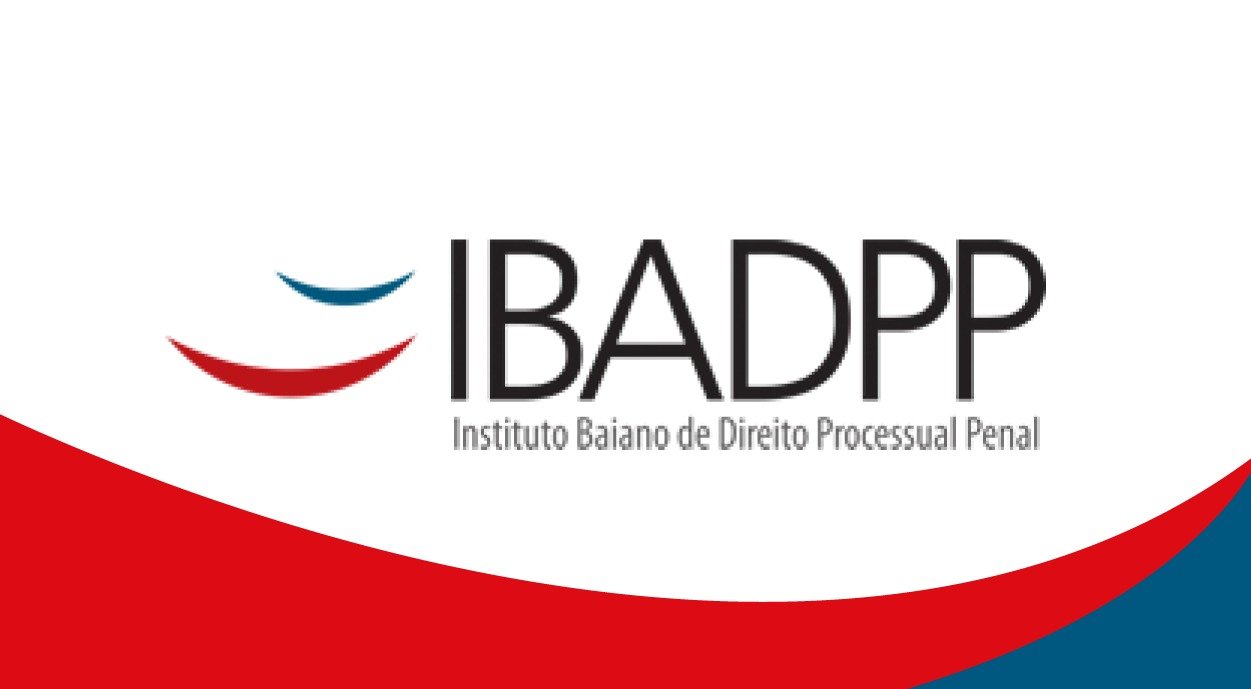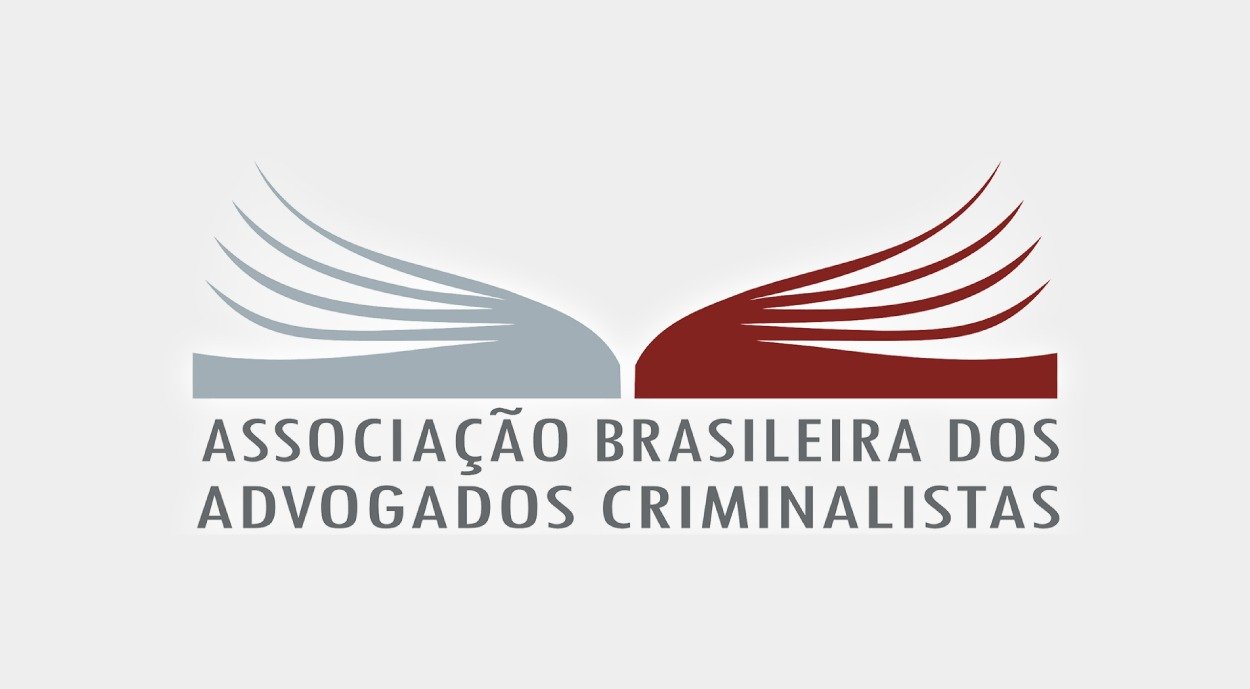Coluna Fictio Iuris
In recent weeks, France has been gripped by widespread protests sparked by the tragic death of Nahel, a young individual whose passing has ignited national outrage and raised pertinent questions about criminal law in the country. These protests have shed light on a range of pressing issues, from police accountability and excessive use of force to the need for comprehensive legal reforms. As the nation grapples with the aftermath of Nahel's death, it is essential to delve into the criminal law concerns that have become central to this nationwide movement.
At the heart of the protests lies the issue of police accountability and the use of excessive force. Nahel's untimely demise, allegedly at the hands of law enforcement officers, has further amplified the longstanding demand for justice and transparency. Demonstrators have called for a thorough investigation into the incident, emphasizing the importance of impartiality and a fair legal process. This tragic event underscores the need for effective mechanisms to hold law enforcement accountable and ensure the fair treatment of all individuals, irrespective of their background.
The protests have also brought attention to the broader criminal justice system in France. Critics argue that there is a growing lack of trust between citizens and the institutions responsible for upholding justice. They point to a system that is in dire need of reform to address issues such as racial profiling, discrimination, and the disproportionate targeting of marginalized communities. France must confront these challenges head-on and work towards building a criminal justice system that is fair, impartial, and rooted in the principles of equality and justice.
One of the key discussions arising from Nahel's death is the appropriate use of force by law enforcement officers. France, like many countries, has guidelines in place to regulate the use of force by police officers. However, questions have been raised about the enforcement of these guidelines and the need for clearer delineation of acceptable practices. Striking a balance between maintaining public order and respecting the rights and safety of individuals is a delicate task that requires careful consideration. This incident underscores the urgency of revisiting these guidelines and ensuring they align with international standards and best practices.
Moreover, this tragic event has reignited debates surrounding police training and the need for enhanced de-escalation techniques. It is imperative to equip law enforcement officers with the necessary skills and tools to defuse tense situations effectively. Prioritizing non-violent strategies and promoting dialogue can help prevent unnecessary confrontations, ultimately reducing the likelihood of tragic outcomes. Investing in comprehensive training programs and providing ongoing professional development opportunities for police personnel is crucial for fostering a culture of de-escalation and minimizing the use of force.
As France grapples with the aftermath of Nahel's death and the subsequent protests, it is imperative that the nation engages in an open dialogue about the broader issues within its criminal justice system. Police accountability, the appropriate use of force, and equitable treatment under the law are critical components of a just society. France must seize this moment to reflect, acknowledge the shortcomings of its current system, and undertake meaningful reforms that address the concerns of its citizens.
In these difficult times, it is crucial that both the government and the citizens work together to forge a path forward, one that ensures justice, promotes trust, and respects the dignity and rights of every individual. It is only through a collective commitment to reform and a genuine dedication to a fair and equitable criminal justice system that France can emerge stronger and more unified from this challenging period.
The protests sparked by Nahel's tragic death have forced France to confront its criminal law issues head-on. As the nation strives to heal and rebuild, it is an opportunity to enact meaningful change, reinforcing the principles of justice and equality that form the bedrock of any modern democratic society.
Imagem Ilustrativa do Post: infinite // Foto de: enki22 // Sem alterações
Disponível em: https://www.flickr.com/photos/enki22/8015069551
Licença de uso: https://creativecommons.org/licenses/by/2.0/





